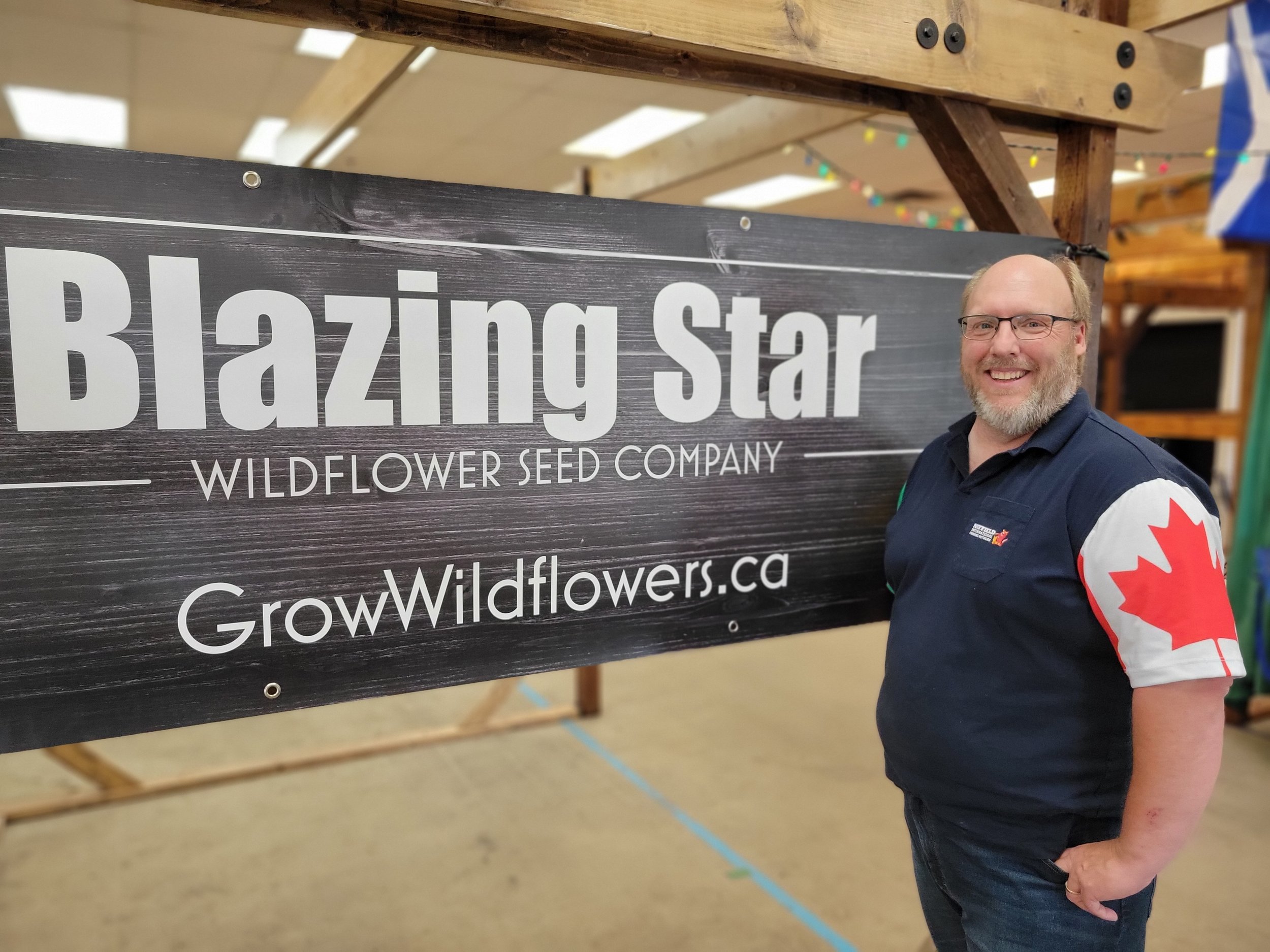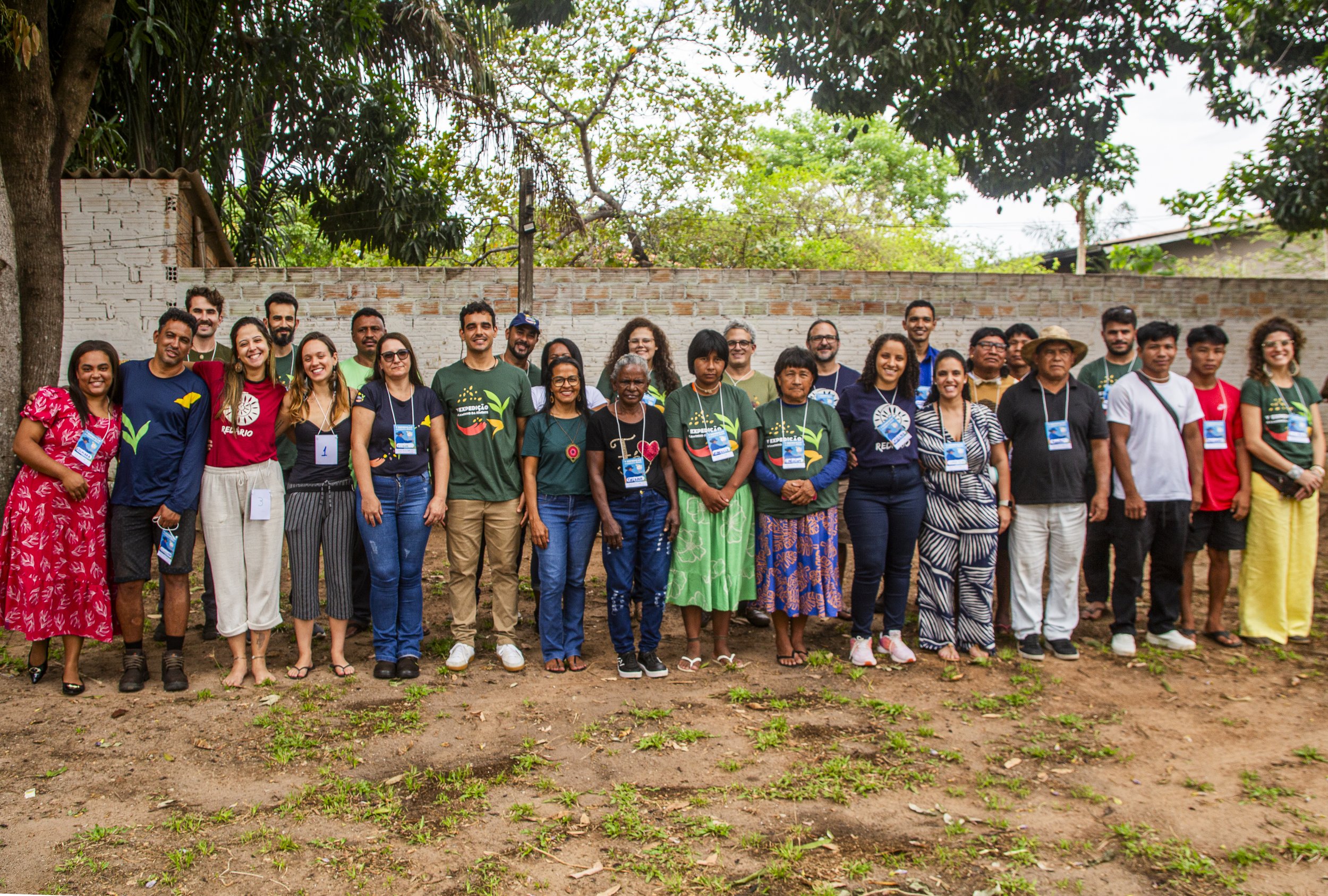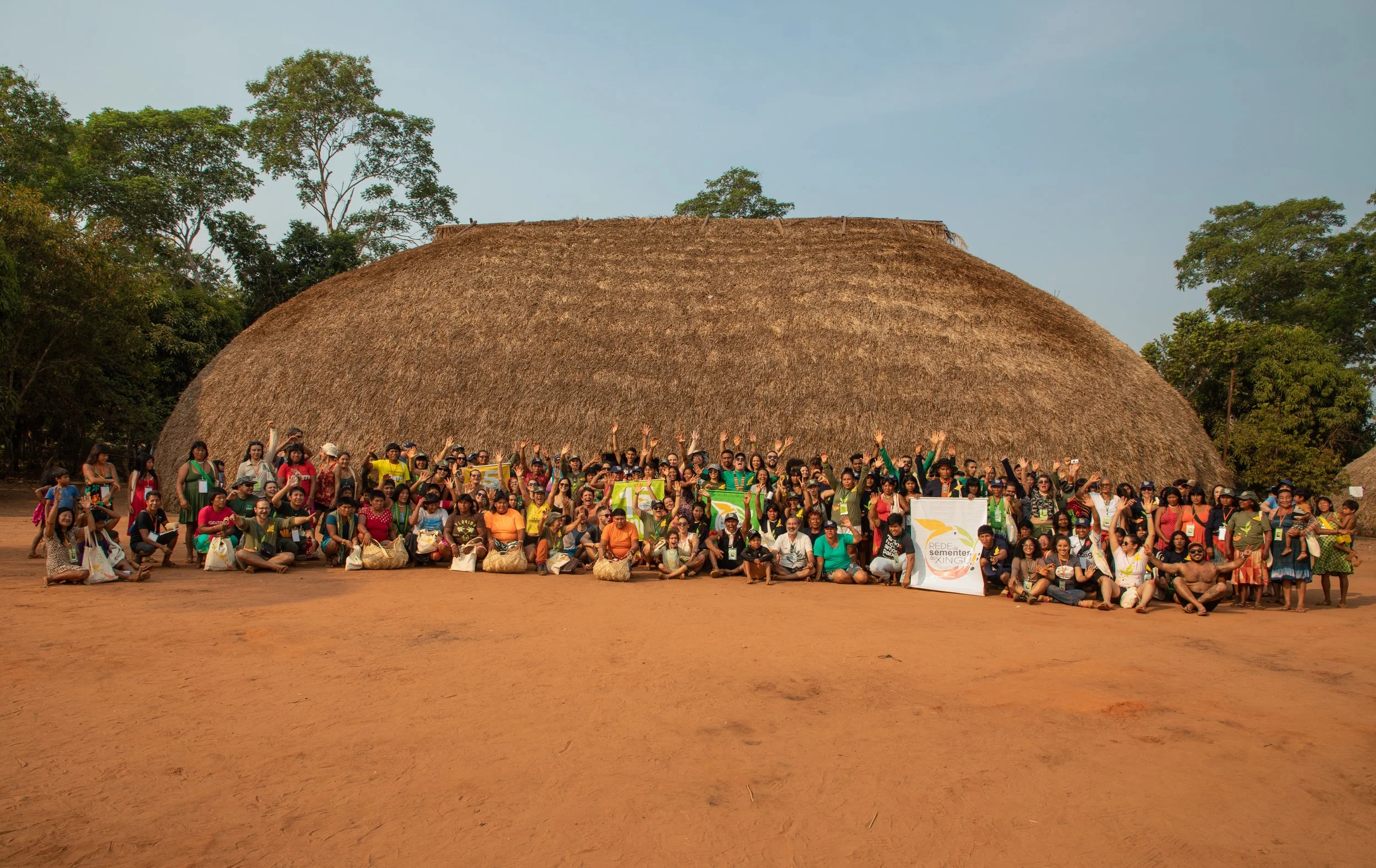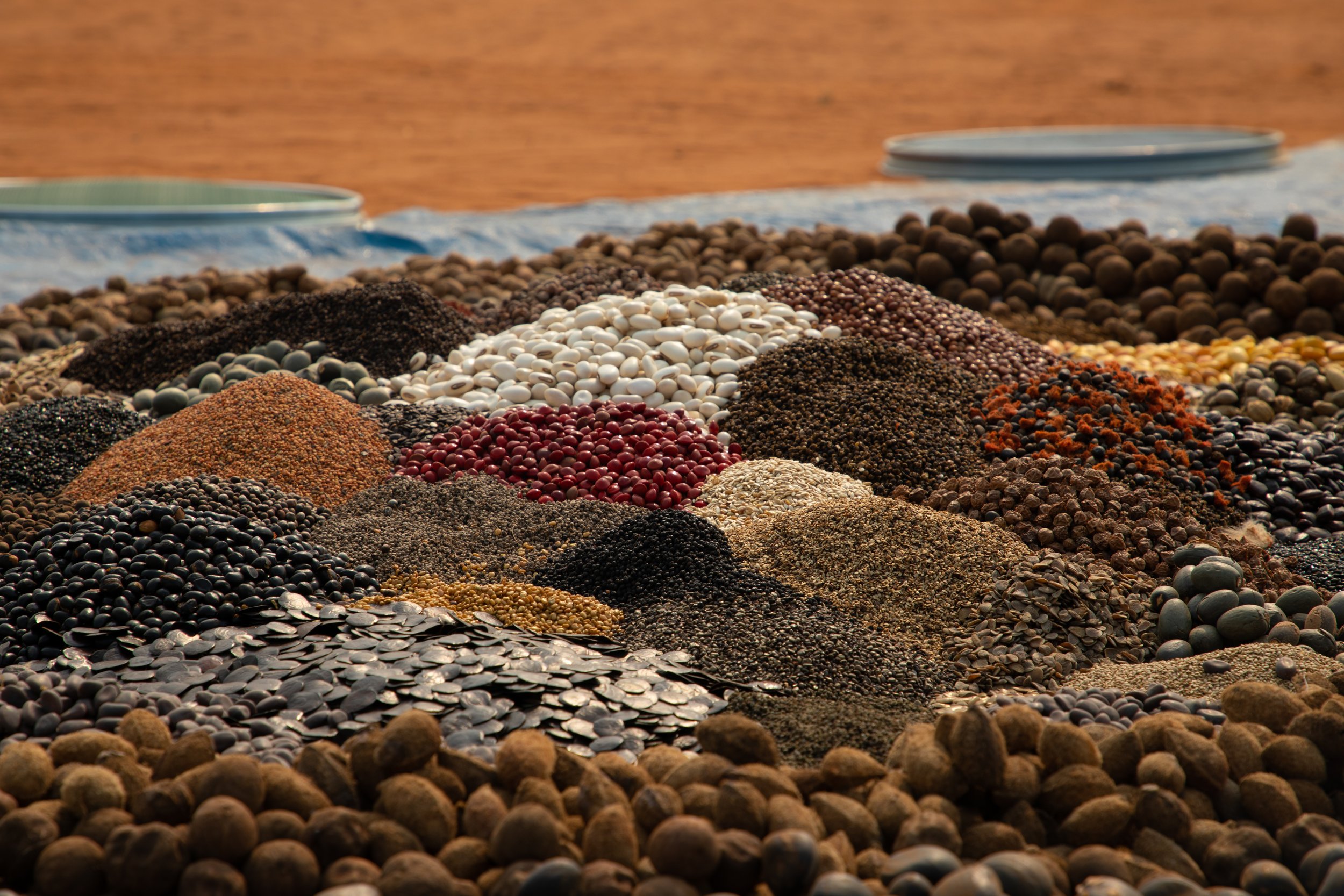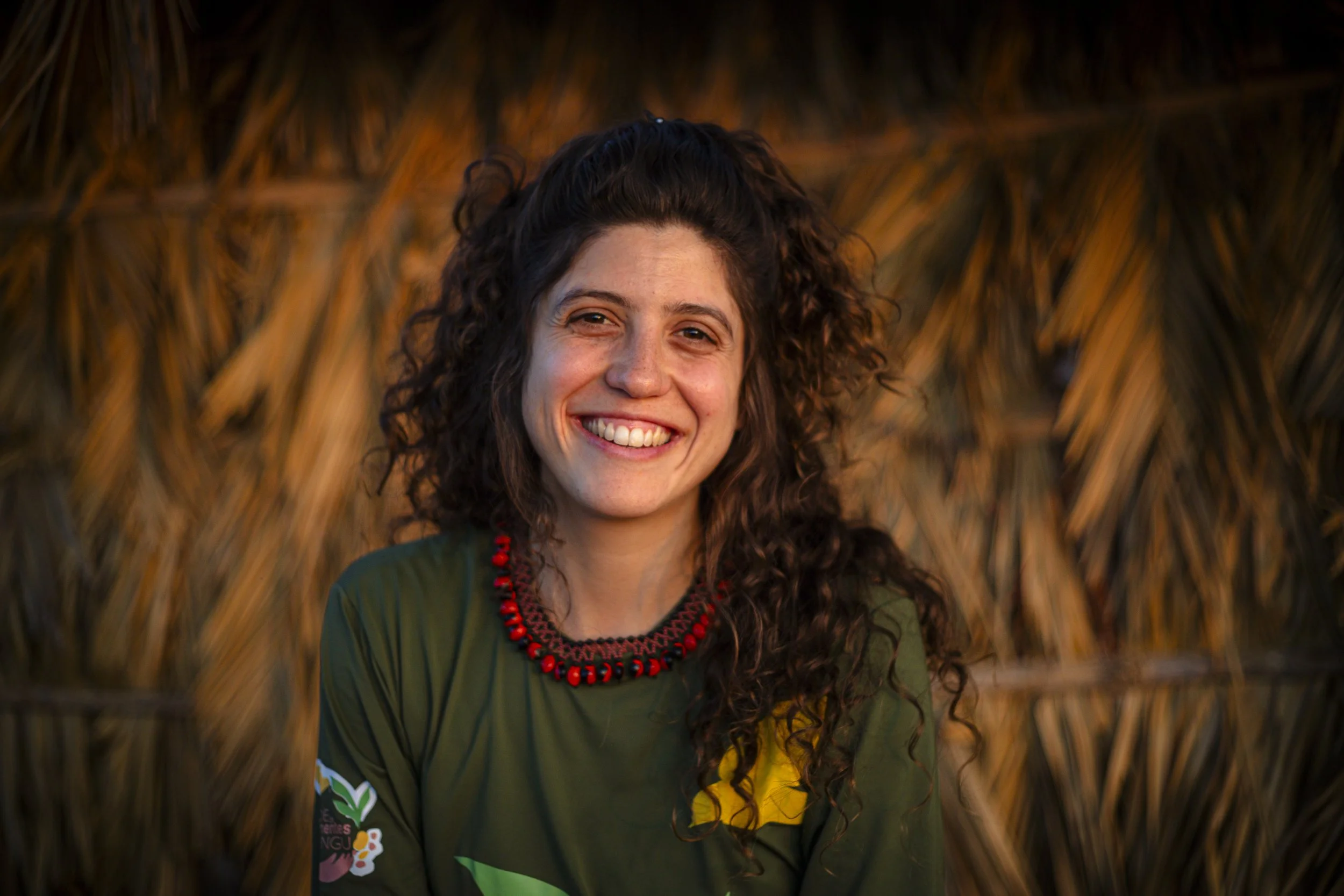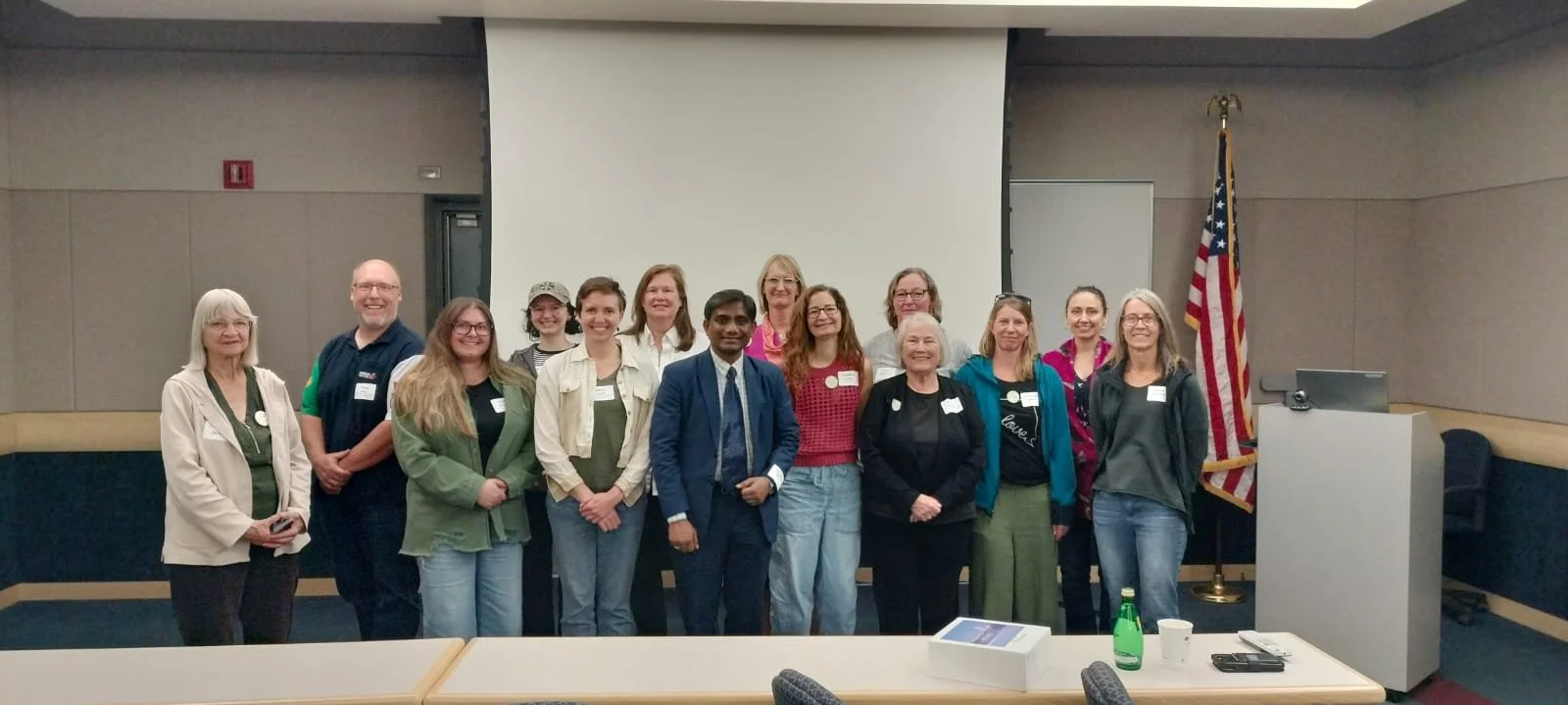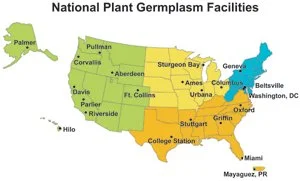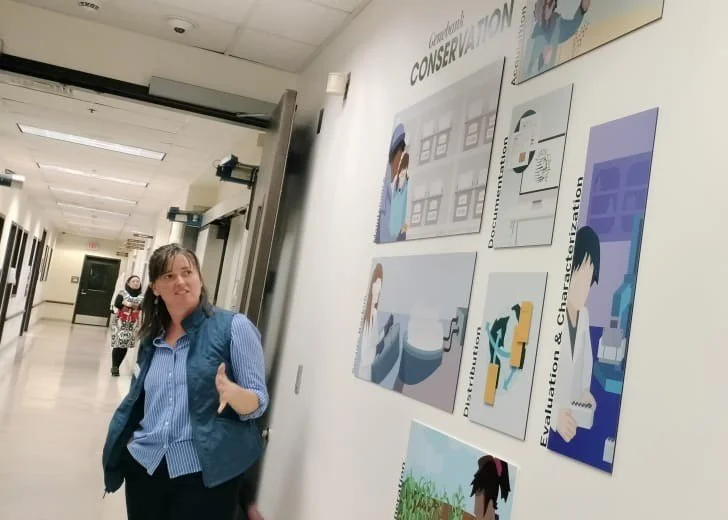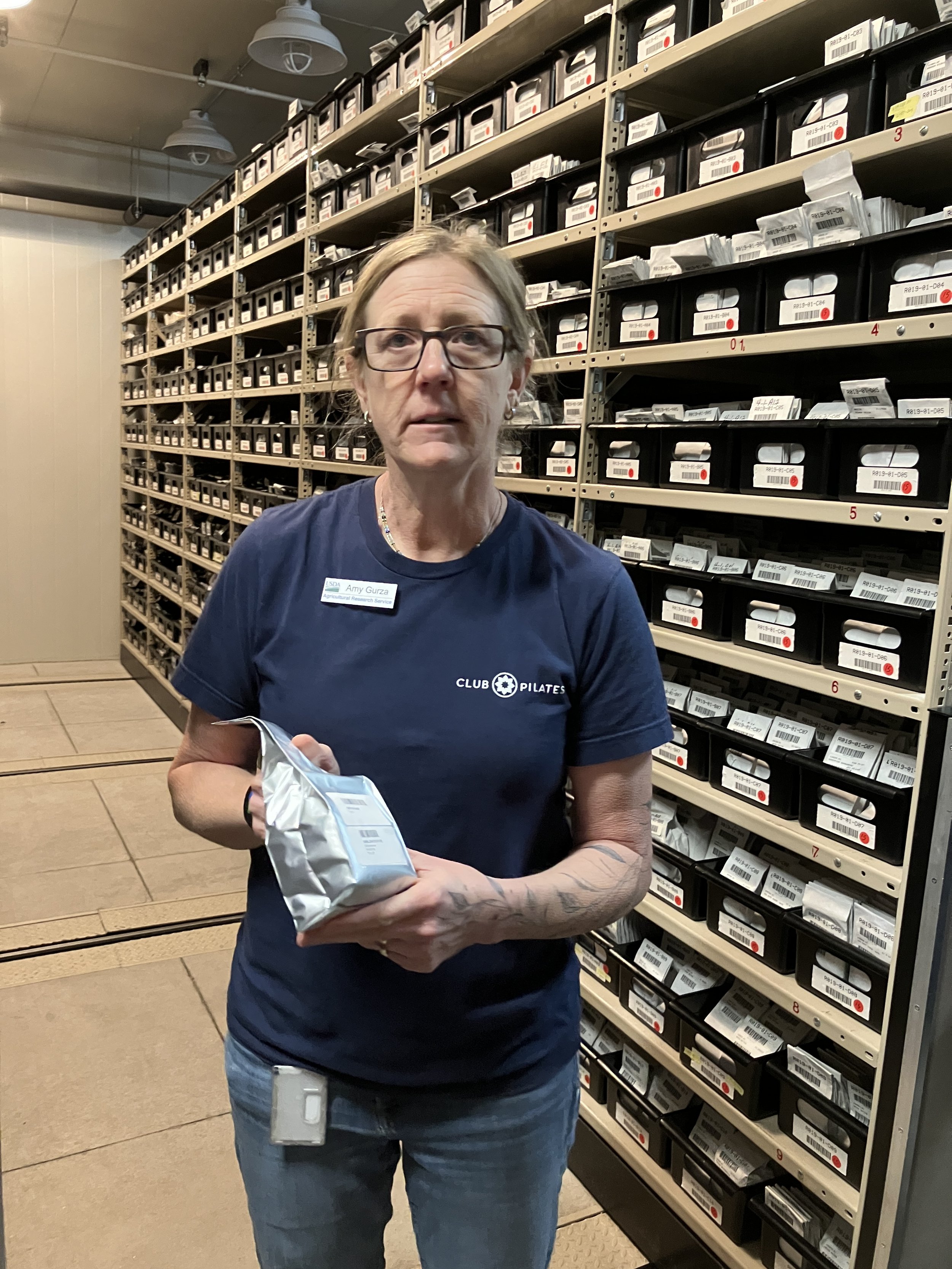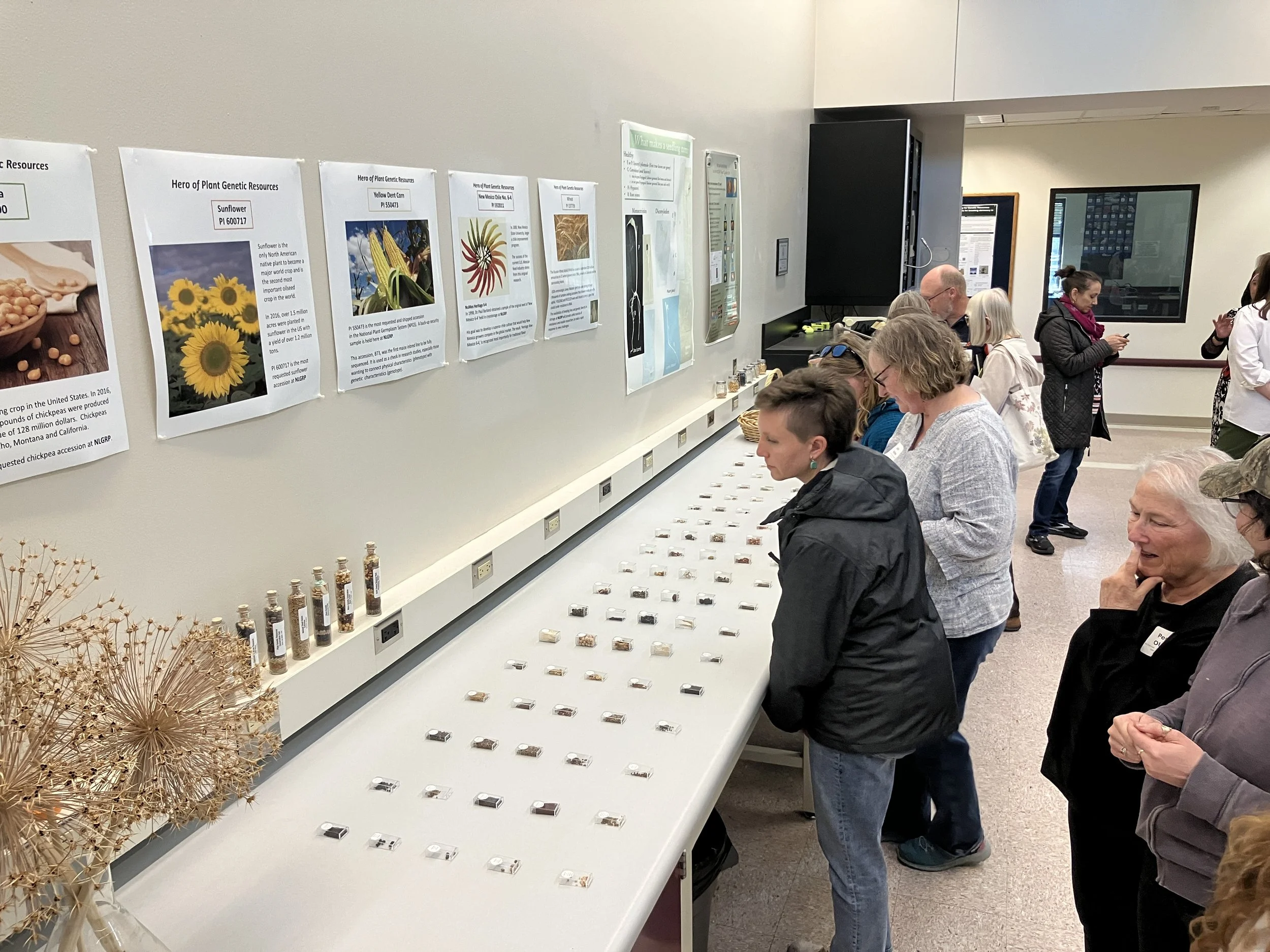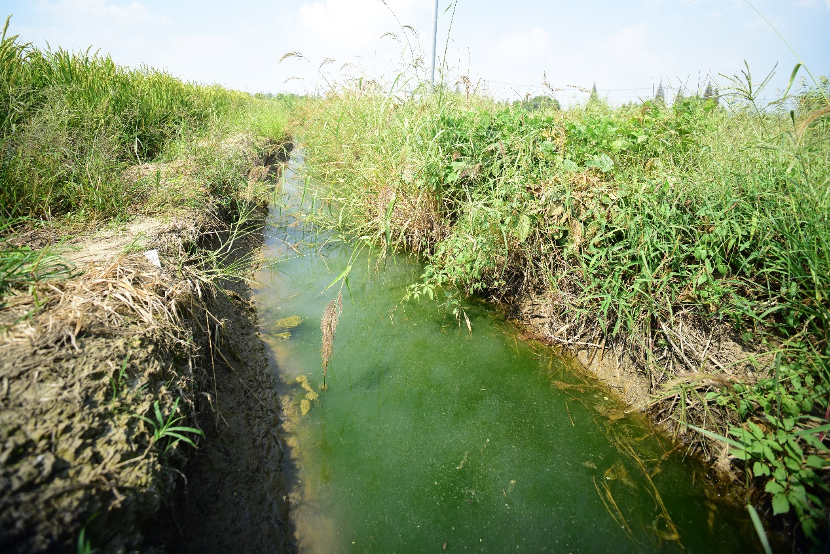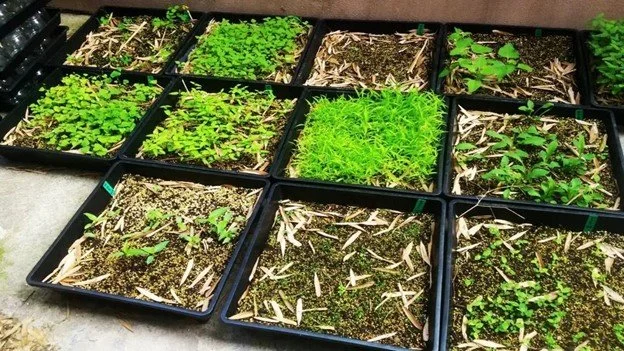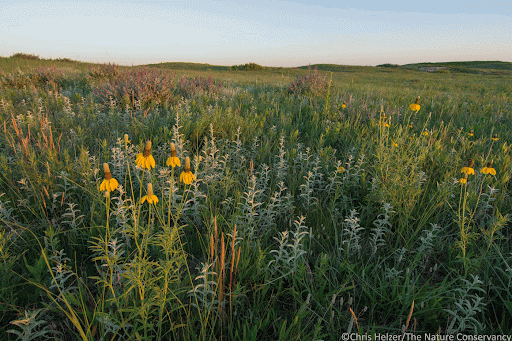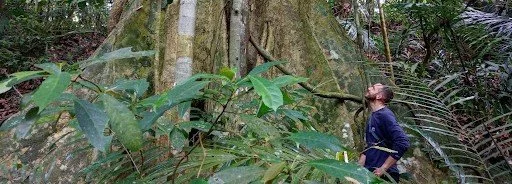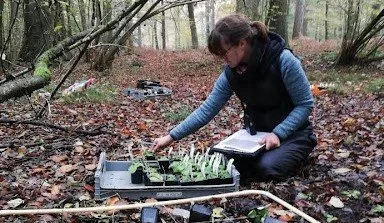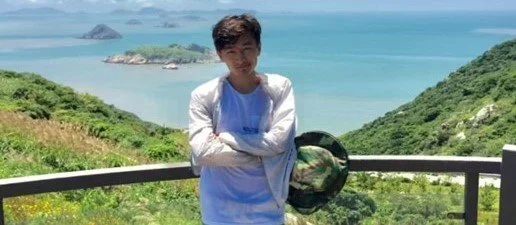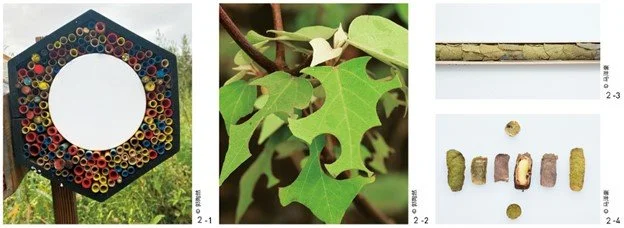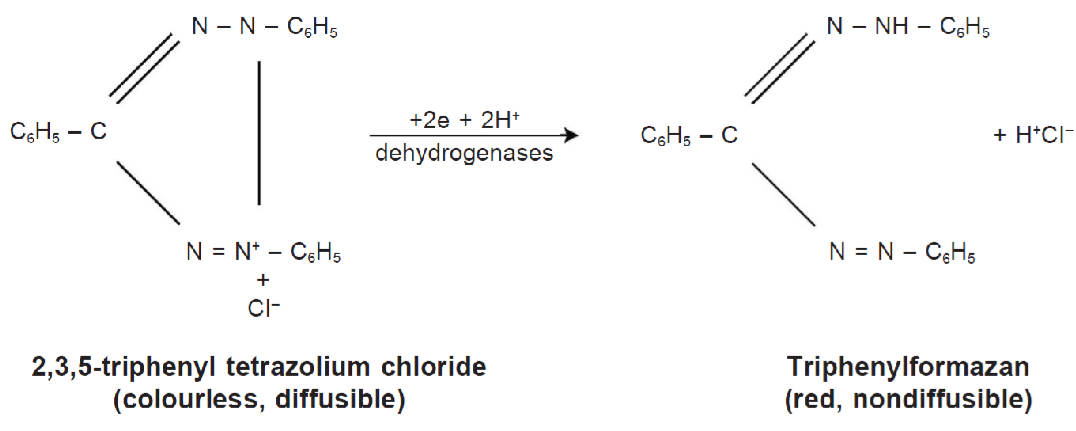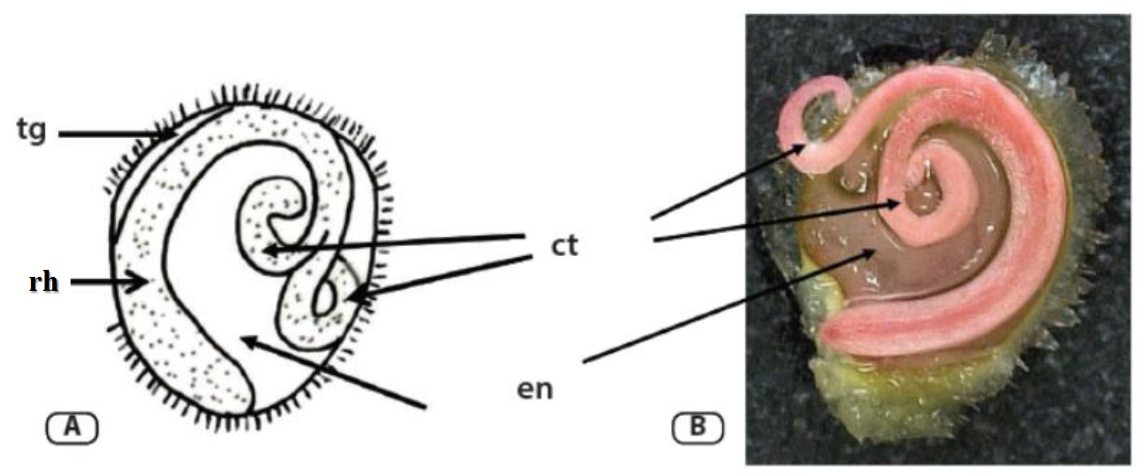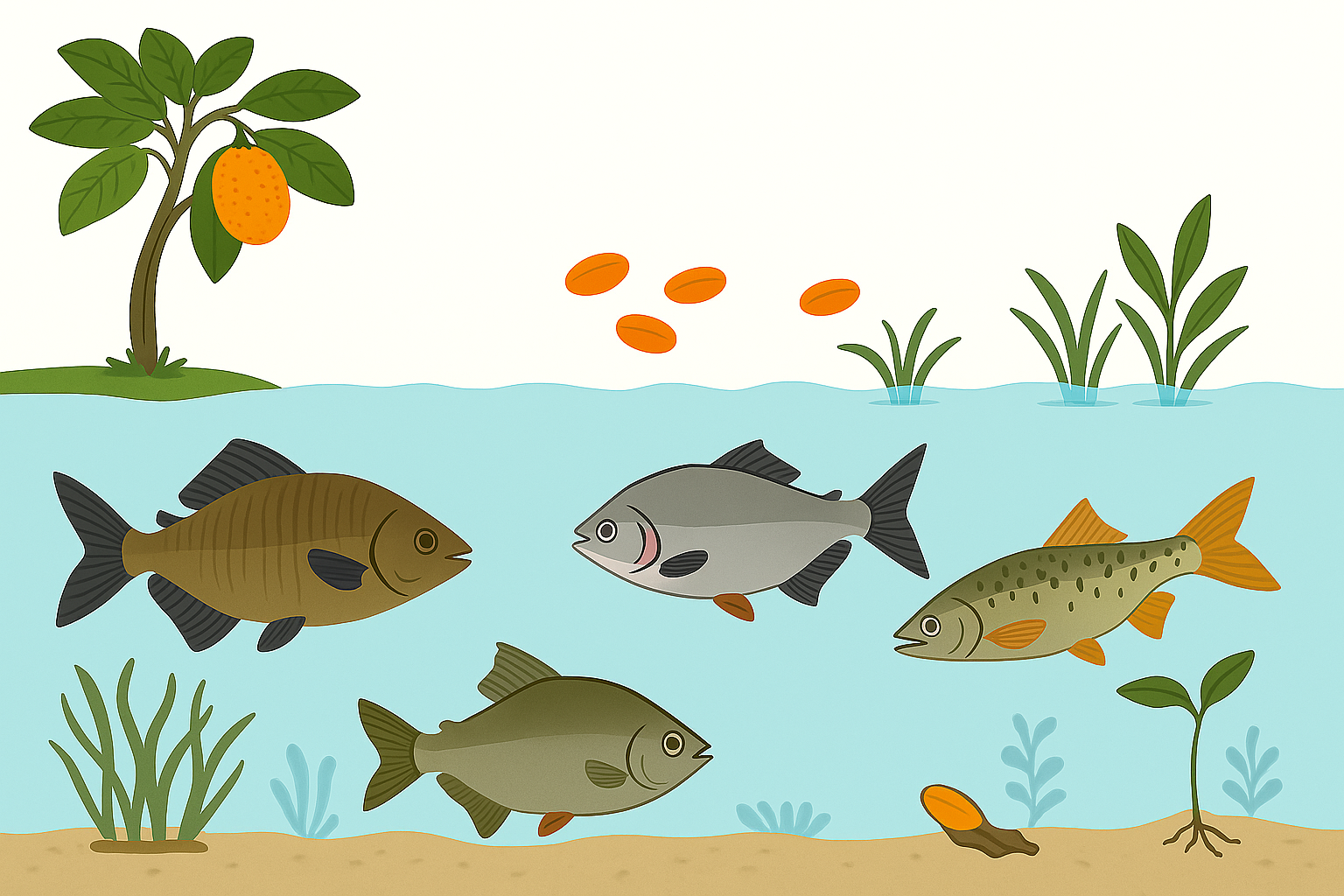Renny Grilz is pleased to share his Nuffield Canada Scholarship Report. This report underscores that Canada's ambitious biodiversity, climate, and restoration commitments are currently jeopardized by a fragmented and underdeveloped native seed industry, especially in Western Canada's endangered prairie grasslands. The research, drawing on international examples, identifies that resilient native seed systems are built upon five key pillars: strong producer support, integrated seedbanks, supportive policies and procurement, diversified markets, and national coordination.
Renny has generously provided the overview below:
This work is grounded in a simple but urgent question for Canada’s restoration community: Do we have the systems in place to deliver native seed at the scale our restoration commitments demand?
Through my Nuffield research, I studied native seed systems in leading jurisdictions internationally, learning from producers, seedbanks, land managers, and policymakers. The report distills those lessons into five interconnected pillars that are essential for building a resilient, prairie-focused native seed system in Western Canada:
1️⃣ Producers at the center
Supported by training, shared infrastructure, foundation seed, and long-term procurement contracts that provide stability and confidence to invest.
2️⃣ Seedbanks as active partners
Conserving genetic diversity while also supplying foundation seed and rare species to growers and restoration practitioners.
3️⃣ Policy and procurement frameworks
Embedding native seed use into regulations, standards, and restoration targets so supply and demand grow together.
4️⃣ Diversified markets
Expanding beyond restoration to include regenerative agriculture, pollinator habitat, Indigenous stewardship, and urban greening.
5️⃣ National coordination
Building strong producer networks, regional hubs, and cross-sector collaboration to move from fragmented efforts to a cohesive system.
One of the greatest values of the Nuffield experience was the opportunity to think globally and act locally—to learn from international models and adapt those lessons to Canadian prairie landscapes, producers, and communities.
I am deeply grateful to my primary sponsor, Nature Conservancy of Canada/Conservation de la nature Canada, for its leadership and support of conservation innovation, and to Nuffield Canada for the extraordinary opportunity to learn globally, challenge assumptions, and build lasting international connections.
Thank you to the many individuals, organizations, producers, and researchers—both in Canada and internationally—who generously shared their time, insights, and perspectives along the way. This report is shaped by those conversations and relationships.
My hope is that this work helps advance a national conversation about building the native seed systems needed to match our restoration ambition—and turning commitment into capacity on the ground.
📄 The full report is available here:
👉 https://lnkd.in/grapdubt
I welcome dialogue, collaboration, and discussion as we continue to think globally and act locally.
#NuffieldCanada #NativeSeed #SeedSystems #PrairieRestoration #ThinkGloballyActLocally #Biodiversity #RegenerativeAgriculture

